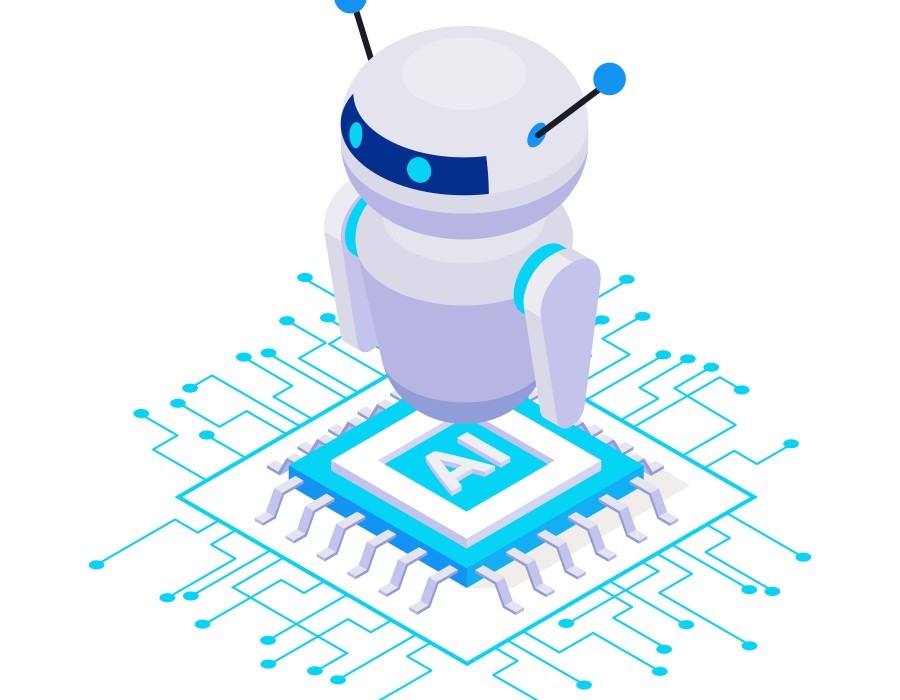Introduction
Hypertension, commonly known as high blood pressure, is a chronic condition affecting millions worldwide. If left unmanaged, it can lead to severe health complications such as heart disease, stroke, and kidney failure. Traditional methods of hypertension management often fall short due to poor patient engagement, lack of real-time monitoring, and fragmented healthcare systems. However, chronic care software is revolutionizing hypertension management by offering remote monitoring, AI-driven insights, and seamless communication between patients and healthcare providers.
The Role of Chronic Care Software in Hypertension Management
Chronic care management (CCM) software is designed to streamline patient care through data-driven insights, automation, and remote patient monitoring (RPM). Here’s how it helps in managing hypertension more effectively:
1. Continuous Blood Pressure Monitoring
One of the biggest challenges in hypertension management is irregular monitoring. Chronic care software integrates with wearable devices and IoT-enabled blood pressure monitors, allowing real-time tracking of blood pressure levels. This helps doctors detect fluctuations early and adjust treatment plans accordingly.
2. Personalized Treatment Plans
AI-powered chronic care software can analyze patient data and suggest personalized treatment plans based on trends in blood pressure levels, lifestyle habits, and medication adherence. This ensures that each patient receives tailored interventions to manage hypertension effectively.
3. Medication Adherence and Alerts
Non-adherence to prescribed medication is a major issue in hypertension management. Chronic care software sends automated medication reminders and alerts to patients, ensuring they take their medicines on time. It can also notify healthcare providers in case of missed doses or irregular medication intake.
4. Remote Patient Monitoring (RPM) and Telehealth Integration
With telehealth and remote patient monitoring (RPM) features, chronic care software enables physicians to track patient vitals remotely. If a patient’s blood pressure crosses a dangerous threshold, the system can trigger alerts for immediate medical intervention, reducing the risk of emergency hospitalizations.
5. Seamless Communication and Patient Engagement
Hypertension management requires continuous communication between patients and healthcare providers. Chronic care software offers secure messaging, virtual consultations, and educational resources, empowering patients to stay informed and engaged in their own care.
6. Data Analytics and Predictive Insights
The use of AI and machine learning in chronic care software helps identify patterns and risk factors related to hypertension. Predictive analytics can forecast potential hypertensive crises, allowing healthcare professionals to intervene before complications arise.
7. Integration with EHR and Care Coordination
Chronic care software integrates seamlessly with electronic health records (EHRs), ensuring that all patient data is centralized and easily accessible to physicians, specialists, and caregivers. This enhances coordinated care and reduces treatment gaps.
Benefits of Using Chronic Care Software for Hypertension Management
- Improved Patient Outcomes: Continuous monitoring and personalized care plans lead to better blood pressure control.
- Reduced Hospital Readmissions: Early detection and intervention help prevent hypertensive emergencies.
- Enhanced Patient Engagement: Education, reminders, and telehealth support empower patients to manage their condition effectively.
- Cost Savings for Healthcare Providers: Preventing complications reduces the overall cost of hypertension management.
- Regulatory Compliance: Chronic care software ensures adherence to healthcare regulations such as HIPAA and CMS guidelines.
Conclusion
Hypertension is a serious chronic condition, but chronic care software is transforming how it is managed. With real-time monitoring, AI-driven insights, and seamless communication, these solutions are making hypertension care more proactive and efficient. As technology continues to evolve, AI in healthcare will play an even bigger role in improving patient outcomes and revolutionizing chronic disease management.
If you’re looking to develop a chronic care management software development for hypertension or other chronic conditions, partnering with a leading AI software development company can help you create a robust and scalable solution tailored to your needs.





Comments